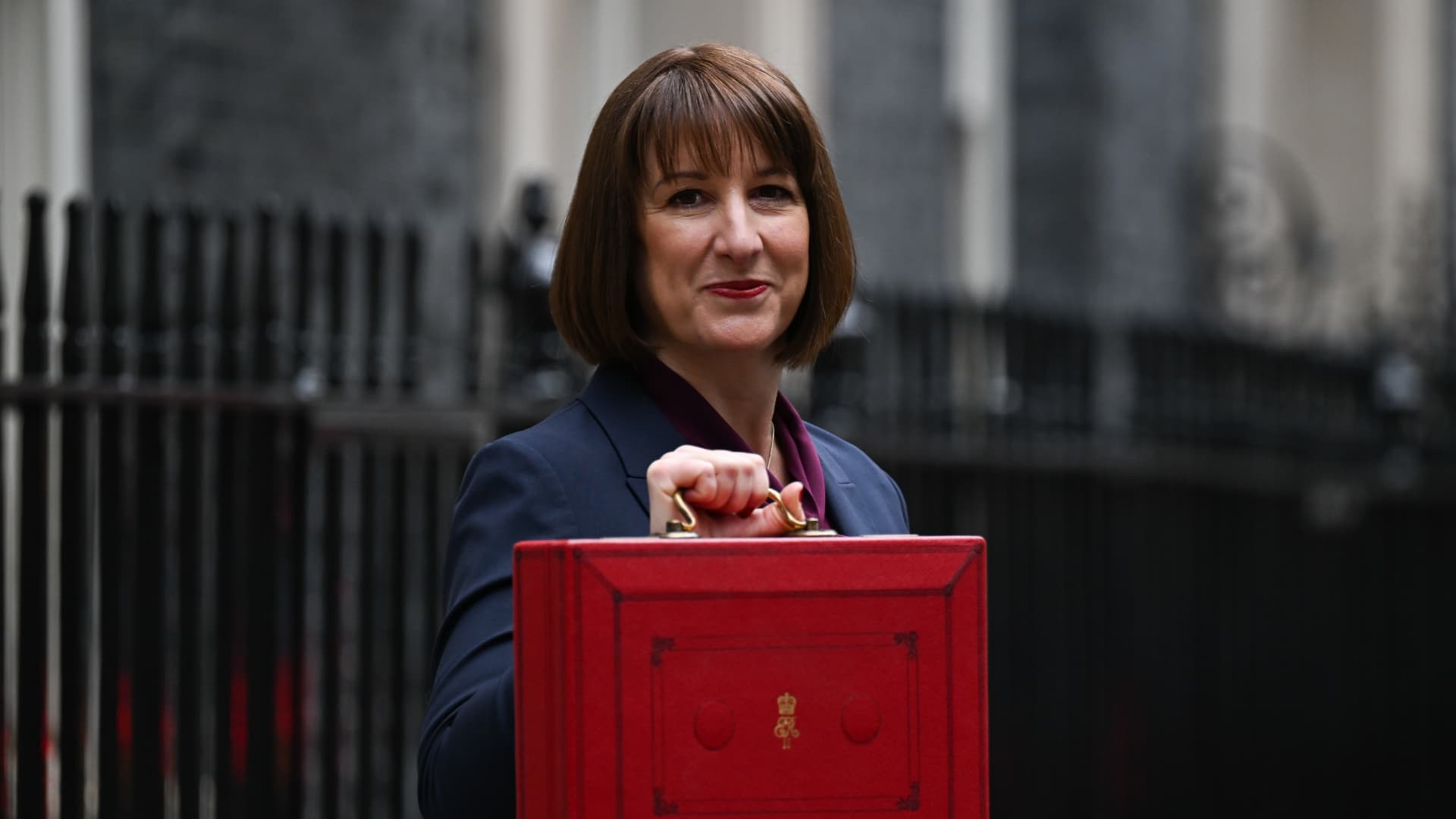Home improvement retailer Kingfisher became the latest British company to report a negative impact from U.K. Finance Minister Rachel Reeves’ October budget — as she prepares her latest update on the state of the British economy.
In its annual earnings release on Tuesday, Kingfisher, which owns home improvement retailer B&Q, said the government’s policies had “raised costs for retailers and impacted consumer sentiment,” with sales of big-ticket items falling.
It is the latest in a line of British businesses that have criticized Reeves’ bumper tax-rising budget since autumn. The companies will now be keeping a close eye on Reeves’ Spring Statement, when she’s set to update lawmakers on her latest spending and taxation plans at 12:30 p.m. London time Wednesday.
Top on the businesses’ list of complaints is a higher employment cost after the government pledged in October to increase national insurance contributions from employers and raised the country’s “national living wage” by 6.7% from April 1.
On Sunday, Reeves defended the tax rises ahead of the Wednesday statement, telling Sky News the government “took the action that was necessary to ensure our public services and public finances were on a firm footing.”
However, a number of consumer-facing businesses have flagged concerns with the Labour government’s economic policies in their earnings reports this quarter. They include supermarket giant Tesco, which said its higher national insurance contributions could add up to £250 million ($324 million) to annual costs, while the chairman of pub chain JD Wetherspoon, Tim Martin, said the changes will cost every one of his pubs £1,500 per week.
Regis Schultz, CEO of sportswear retailer JD Sports, said the policies mean it was tempting for businesses to reduce staff numbers and hours, “which will be bad news for the economy.”
It comes as the U.K. battles economic sluggishness, rising prices and widespread uncertainty as a result of U.S. President Donald Trump’s global trade tariffs.
The Office for Budget Responsibility (OBR), the country’s independent public finances watchdog, is reportedly expected to downgrade the U.K.’s growth forecasts for 2025 on Wednesday, halving its previous 2% estimate.
AB Foods, which owns budget fashion retailer Primark, blamed the Labour government’s budget as contributing to broader consumer weakness in the country. Finance Director Eoin Tonge told analysts that customers across its brands were cautious, citing “a shock and a fear, that’s driven people to pull in their horns.” That view was shared by clothing retailer Frasers Group, which said it saw weaker consumer confidence around the budget announcement. The company’s Chief Financial Officer Chris Wootton told Reuters the company “felt we’d been kicked in the face.”
The slew of negative corporate commentary is expected to pile pressure on Reeves ahead of her Spring Statement.
The British Retail Consortium has called on the government to “inject confidence into the economy,” warning that April’s rise in tax contributions and the minimum wage will generate £5 billion in additional costs for retailers, giving “many no option but to push prices up.”
The Confederation of British Industry (CBI) said Reeves “must inject business with a serious confidence boost” on Wednesday.
“As an immediate priority the government should re-commit to not raising the business tax burden further over the course of this Parliament,” Louise Hellem, chief economist of the CBI, said in a statement. “Setting an ambitious goal for R&D spending, making it easier to invest in skills and taking measures to reduce the regulatory burden on business would be encouraging moves that would show the government understood what business needs to see from them.”
Goldman Sachs Chief Equity Strategist Peter Oppenheimer meanwhile told CNBC on Monday that concerns over consumer and business confidence will see Reeves focus on cutting costs rather than raising taxes this week, but said the government’s focus on boosting growth was “a laudable objective, a difficult thing to do.”
CNBC has reached out to the U.K. Treasury for comment.
— CNBC’s Holly Ellyatt contributed to this report.

 Finance1 week ago
Finance1 week ago
 Blog Post1 week ago
Blog Post1 week ago
 Personal Finance1 week ago
Personal Finance1 week ago
 Personal Finance1 week ago
Personal Finance1 week ago
 Economics1 week ago
Economics1 week ago
 Economics5 days ago
Economics5 days ago
 Economics1 week ago
Economics1 week ago
 Accounting4 days ago
Accounting4 days ago






















